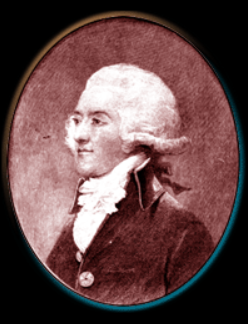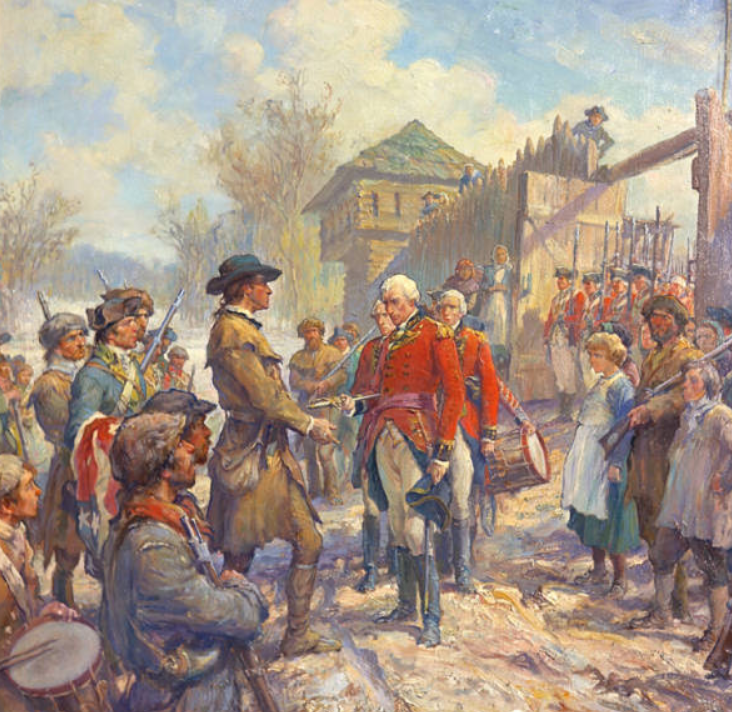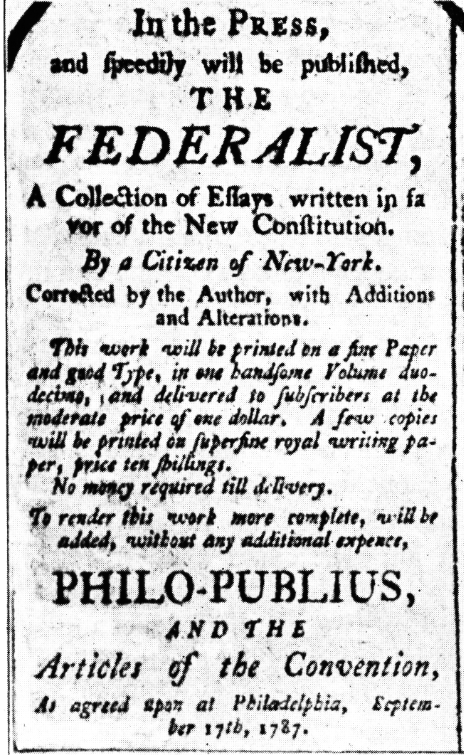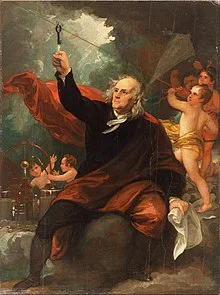Heir Apparent at the Treaty of Paris - William Temple Franklin
William Temple Franklin is immediately interesting to students of the American Revolution due to his legendary lineage.
As grandson to Benjamin Franklin, William was positioned to do great things in life. Though, like many of the Franklin boys, he would never live up to his famous last name.
While never as successful as his cousin, Benjamin Franklin Bache, William did find himself participating in one of the most important moments in the history of the United States.
William Temple Franklin
William Temple Franklin was the bastard son of the bastard son of Benjamin Franklin.
Temple, as he was known, spent several years in foster care before his famous grandfather found out about his birth.
Soon after, he was taken in by Dr. Franklin and given a proper education. When the older man went to France as an Ambassador during the Revolutionary War, Temple went with him.
Treaty of Paris
William served as a secretary to Benjamin while continuing his education in Europe.
He then participated in a supporting role to the American Delegation during the peace negotiations with Great Britain after the Battle of Yorktown. Here, he worked closely with John Adams, John Jay, Henry Laurens and, of course, his grandfather.
The resulting Treaty of Paris officially ended the Revolutionary War and the United States gained international recognition as an independent nation.
Temple was not an official Ambassador (just a hired Secretary) so he did not sign the Treaty, but he was most certainly in the room when it happened. This puts him in the unique situation of being one of the first Americans to know that freedom had been won.
Application Denied
When Ben Franklin decided to resign from his post as an Ambassador, Temple petitioned Congress to be selected as his replacement.
Unfortunately for William, many leaders in Philadelphia did not trust him.
In addition to earning a reputation as a fun loving party goer, Temple had continued corresponding with his father, William Franklin. This father, who was once Royal Governor of New Jersey, had remained a Loyalist during the Revolution (that’s right, Ben Franklin’s kid was a Loyalist).
Instead of choosing Temple as the new Ambassador, the Continental Congress went with Thomas Jefferson.
Europe
This is where William Temple Franklin’s career as a Founder concludes.
Franklin returned to the United States but saw that he had little prospects. He returned to Europe, never to see his home again.
He did leave one more lasting contribution to the American Founding. Grandpa Ben willed his papers to Temple, who released the first publications of these historically imperative writings.
Temple also worked on investments for Robert Morris, but after making a fortune he squandered it away, eventually dying nearly penniless in Paris.
As he had no sons, with him went the Franklin name.
Here are some other Founders who were relatives of more famous Founders:
Revolutionary Family Man - Alexander Spotswood
John Barker Church - Fake ID’s, Dueling Pistols and the Schuyler Sisters
John Parke Custis - George Washington’s Stepson
William Temple Franklin does not have a biography that I am aware of, but there are several books regarding the relationship between his father and grandfather.
‘The Loyal Son’ discusses Ben Franklin’s relationship with his son William, and Temple plays an important role in the book.
Pick up a copy through the Amazon affiliate link below (you’ll support this site, but don’t worry, Amazon pays me while your price stays the same) but be warned, it is very rare and therefore expensive.






